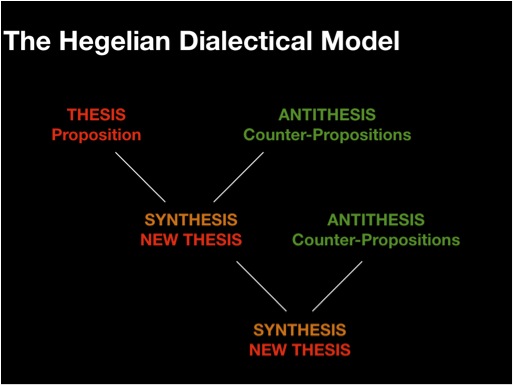
I have come to realize that this starting point bears more than a coincidental resemblance to Hegel’s own in the Phenomenology of Spirit. Marx begins his analysis of the “wealth of societies in which the capitalist mode of production prevails” with what appears to be (but is in fact not) the most concrete form distinguishable therein-the commodity. Reading Capital in Light of Hegel’s Dialectic I wish below to briefly examine two aspects of Capital and Marxism in general that are greatly illuminated by the reading of Hegel, particularly the Phenomenology of Spirit and the Science of Logic: (1) the dialectical structure of Marx’s critique, and (2) the difference between abstract and concrete negativity. I surmise that its importance was all the more apparent to me given that my introduction to Marx was not the Communist Manifesto (as is usually the case with most contemporary readers), but rather Erich Fromm’s Marx’s Concept of Man. This question has fascinated me since I first encountered Marx six years ago. Where some (in the Structuralist and Analytical camps) have seen a complete rejection of Hegel, others (in the broadly “Western” and Humanist camps) have seen an important continuity between the two thinkers. Much has been made of these remarks on Marx’s relationship to Hegel, as well as of that relationship simpliciter. And yet Marx also goes on to call himself a “pupil of that mighty thinker ,” and says that the “mystification which the dialectic suffers in Hegel’s hands by no means prevents him from being the first to present its general forms of motion in a comprehensive and conscious manner,” calling the “rational kernel” inherent in Hegel’s dialectic “critical and revolutionary”. With Marx we have a materialist dialectic wherein the Idea is a “reflection” of the real world rather than its creator. On the contrary, Marx tells us that the dialectic in Hegel-based on the journey and self-development of the Idea, of which the world is a result or “external appearance”-is exactly the opposite of his own. It is not, however, a direct application of the Hegelian dialectic. Marx says in his Postface to the second edition of Volume 1 of Capital that his method is none other than the dialectic. Lenin, Conspectus of Hegel’s Science of Logic

“It is impossible completely to understand Marx’s Capital, and especially its first chapter, without having thoroughly studied and understood the whole of Hegel’s Logic.Consequently, half a century later none of the Marxists understood Marx!” This article originally appeared in May of 2008 in Marxist-Humanism Today, the online publication of the now-defunct Marxist-Humanist Committee.


 0 kommentar(er)
0 kommentar(er)
